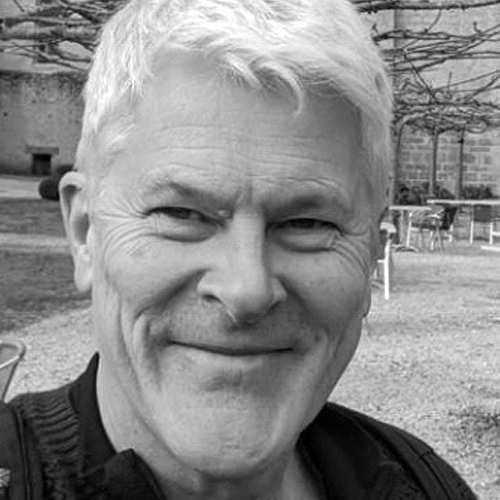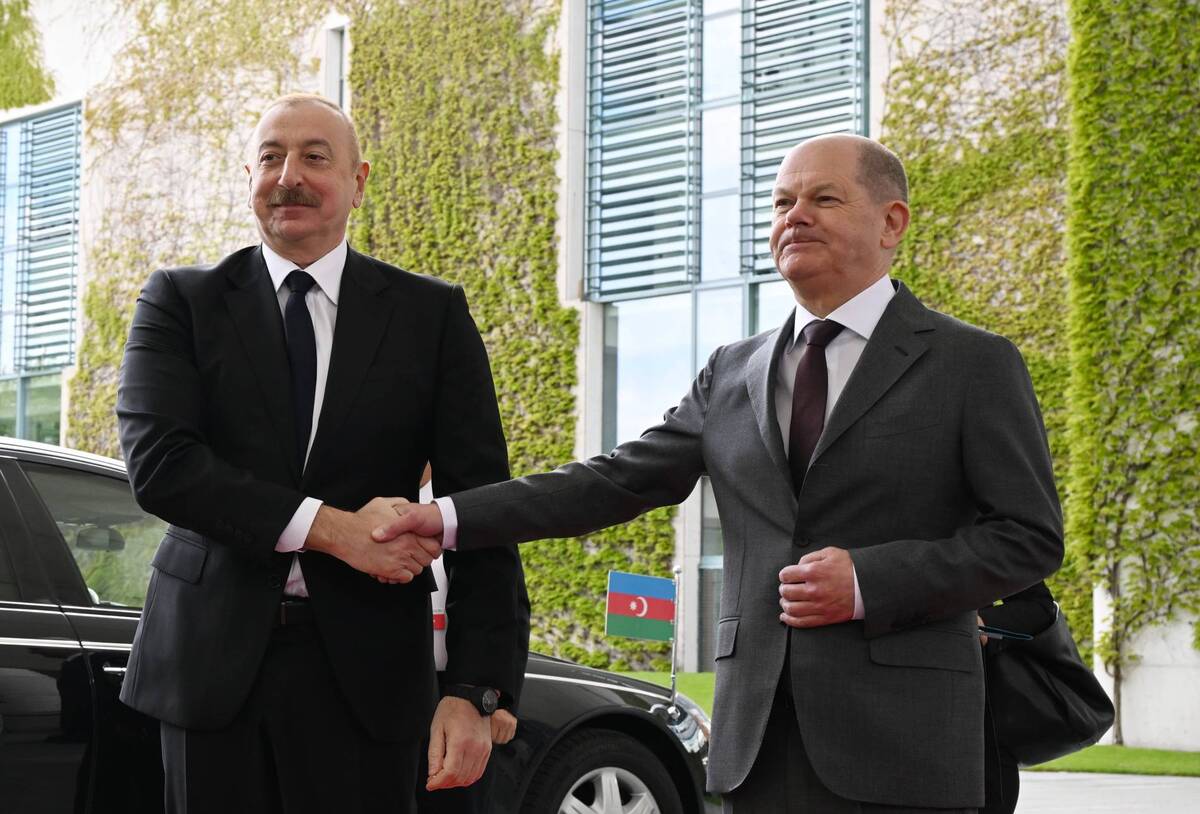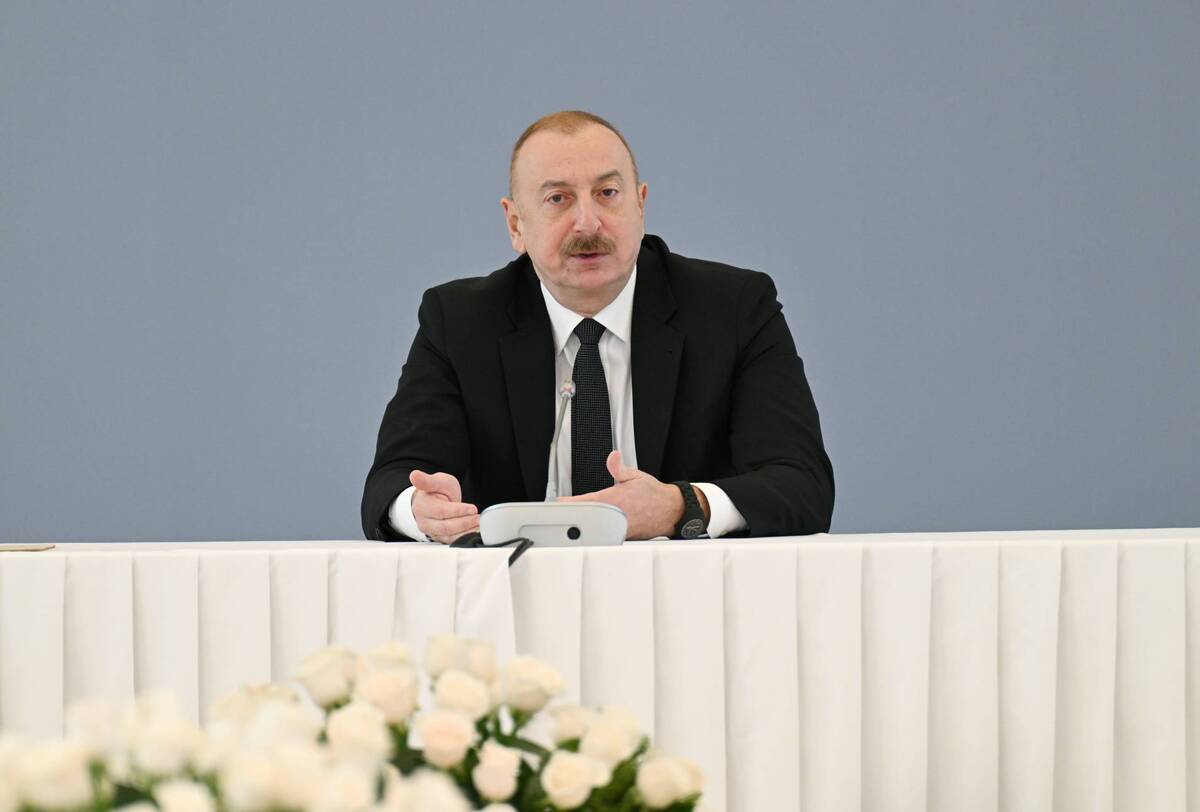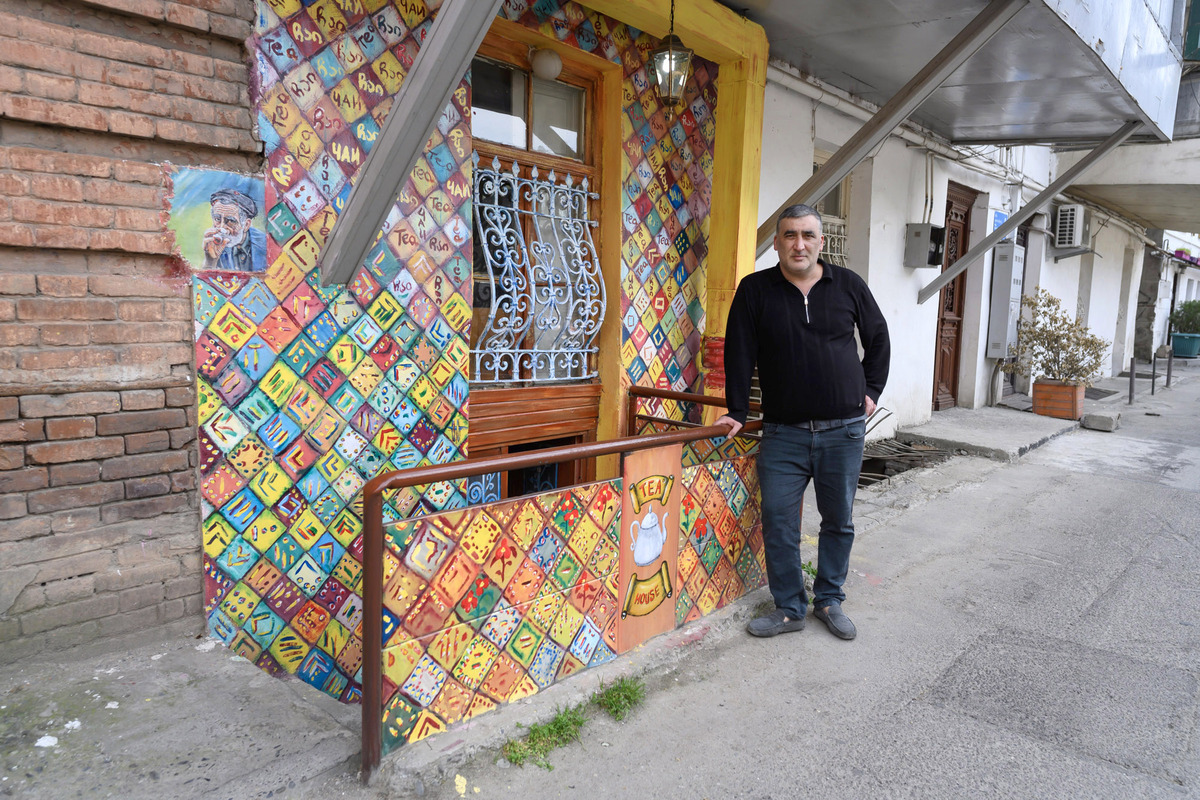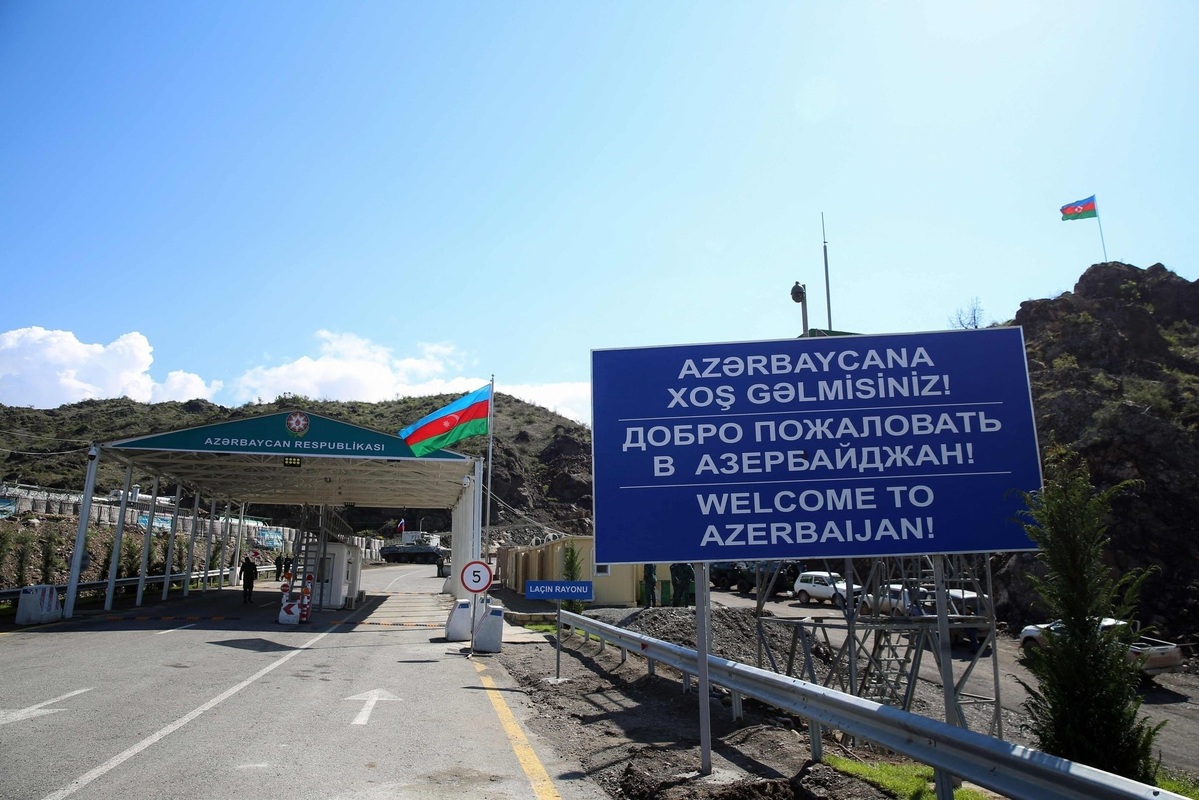- Home
- UN Team Visits Karabakh and Talks to Remaining Residents in Khankendi
3 October 2023
UN Team Visits Karabakh and Talks to Remaining Residents in Khankendi
Some Armenians called it too little too late, but a UN fact-finding mission has now been to Karabakh and, while regretting the mass exodus of citizens, found no reports of violence against civilians or new damage to property.
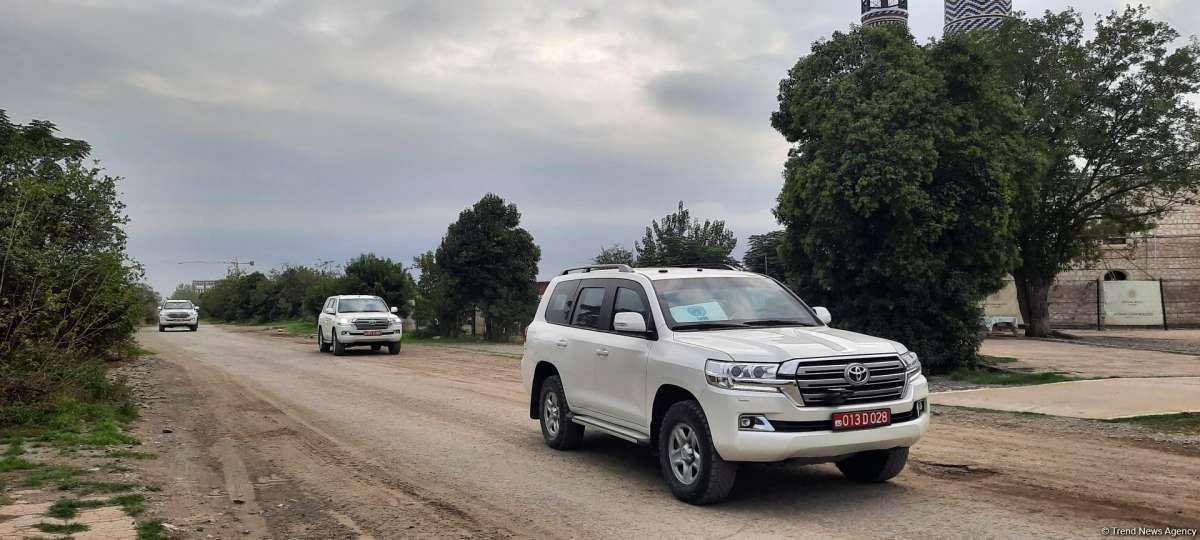
Image: Trend.az
On Sunday a UN team visited Khankendi, Karabakh. It was the first such visit in 30 years and had been hurriedly arranged to observe the health and welfare situation there in light of the extraordinary events of late September, during which a large percentage of Karabakh’s ethnic Armenian population left. According to figures released by the Armenian prime minister’s press spokesperson, the number leaving had reached 100,490 individuals by Sunday, suggesting that very few Armenians remained in the region. That was a finding borne out by the UN team, led by UN Resident Coordinator in Azerbaijan, Vladanka Andreeva, which estimated that only “between 50 and 1,000 ethnic Armenians remain in the Karabakh region.” This was based in part on interviews with the few people they did encounter while visiting Khankendi, folks that assured them that they had not seen or heard of violence against civilians since the latest ceasefire.
The UN team also saw “no damage to civilian public infrastructure…[nor] to cultural and religious structures” in areas they visited. The team later drove down the ‘Lachin Road’ and noted that the queues of vehicles that had jammed the route during the mass exodus last week had now been completely cleared.
The group didn’t see enough of the region’s agricultural areas to assess the situation for farming—a factor that might affect people’s future decision to return. However, they didn’t observe any dead livestock or direct signs of agricultural infrastructure having been destroyed.
In a statement on Monday following the mission, the UN called “for all efforts to be made to ensure the protection of the rights of the local population,” underlining that the UN in Azerbaijan would support those who wish to return.
News reports from Armenia suggest that for now at least, many who left are highly reticent to consider such a return. Journalists interviewed some of those who fled, including a woman who reported burning her possessions, including a piano, to ensure that they wouldn’t fall into Azerbaijani hands. Others fear prosecution, given that Baku intends to indict around 300 former separatist officials for past war crimes, a number that would affect a significant proportion of local families.
Azerbaijan insists that it would welcome Armenian citizens to return and has begun setting up social services and utility infrastructure to make any such return more comfortable. The UN team corroborates these moves, and, according to spokesperson Stephane Dujarric, "The UN plans to continue to regularly visit the region."
It will be interesting to see how the changed situation affects the next round of peace talks between Azerbaijani President Aliyev and Armenian Prime Minister Pashinyan on Thursday in Granada, Spain.


